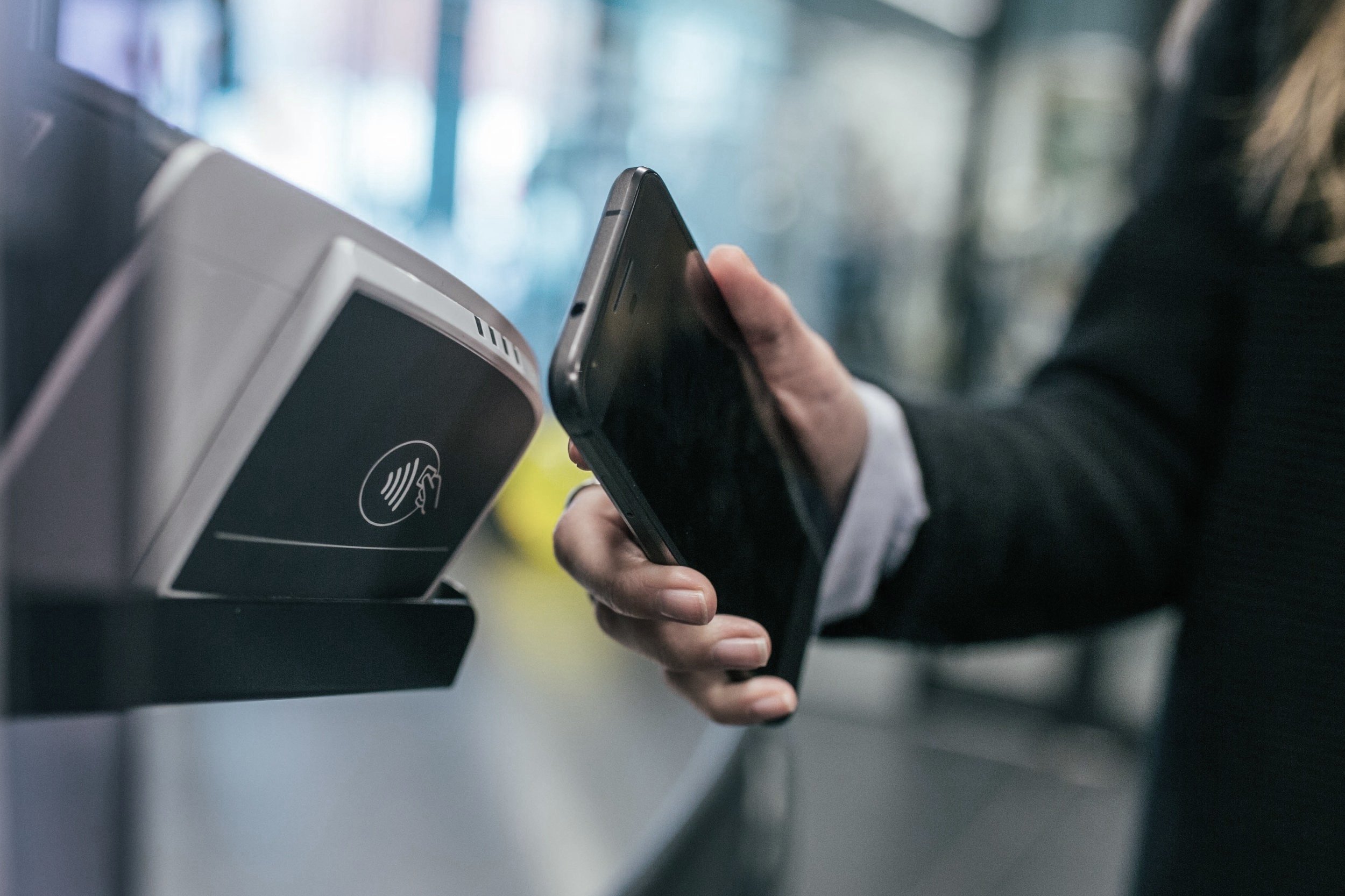
IS A MORE CONSCIOUS WAY TO PAY THE NEXT DIFFERENTIATOR IN PAYMENTS?
April 5, 2022
By Jon Edwards
The rise of the conscious consumer has been well documented with small and big businesses alike now placing their ‘good’ credentials front and centre to stand out and attract customers willing to spend more in order to make a difference. The Retail Industry Leaders Association (RILA) reports that 93% of global consumers expect the brands they buy from to support social and environmental issues.
So, as we increasingly look to make purchase decisions which will have a positive impact on our carbon footprint or local community, it follows that we would want our payment methods to do the same. Yet, here we encounter a hurdle – whereas most retail brands producing physical goods now have a clearly traceable process that can be assessed by the consumer, there is currently a distinct lack of transparency in the payments space, where convenience and security continue to be the dominant concerns of providers.
Whilst these are critically important, our research with fintech customers shows that these are hygiene factors—a minimum expectation that must be met by all payment providers, but not differentiating in themselves. So how can payment providers drive choice when there is little or nothing for users to go on other than what feels easiest?
At Netfluential, our recent work in the fintech space indicates that people are starting to look for something that goes beyond the current CSR (Corporate Social Responsibility) efforts of financial institutions, which actively and positively impacts an environmental, social, or political cause.
The latest HSBC campaign is a good example of conscious finance. It aims to address the issue of homelessness by offering those with no fixed address a bank account so that they can break the ‘vicious cycle’ preventing access to jobs and housing. But consider who this campaign is really targeting—it’s not actually those with no fixed address, it’s you! By putting forward the good they are doing, they’re looking to appeal to prospective customers who share these values. This shows that HSBC believe that being more conscious can do something to set them apart.
Another recent example has been the emergence of conscious investment options, one prominent case being the Clim8 app. Their mission statement eloquently captures the emerging tension consumers face between choosing financial services and doing some good; “Why choose between your financial goals and fighting climate change?” Other than these big, above the line examples, you have to actively dig for how financial service providers are acting responsibly. Most have commitments to environmental targets from most companies, some new providers are offering cards made from recycled materials and there is a definite uptick in opportunities to donate to good causes throughout transactions.
It is still early days, but the trend is bending towards consciousness as part of people’s payment and money management decisions. This presents an opportunity for payments providers to get ahead of the curve, as current efforts do not go far enough in offering something different that drives consumer choice. Fintechs especially have an opportunity, with no pre-existing associations, to be truly pro-social and stand out.
Of course, questions still need to be answered:
· What would people like to see in terms of a more conscious way to pay? Is it all about climate change or are there other opportunities?
· How can brands bake-in consciousness rather than it feeling like an afterthought or a box check?
· What is the best way to communicate consciousness without sparking cynicism?
Will a more conscious approach to finance ultimately make a difference to how people choose to pay and manage their money? We believe the answer is yes, for some people—every product, service and initiative can find its tribe. At Netfluential, we have a strong record of discovering who these tribes are, what drives them, and the types of products and messaging they respond to. If you would like to understand more about our work in the fintech and payments sector, please contact:
Jon Edwards - jon@netfluential.com
